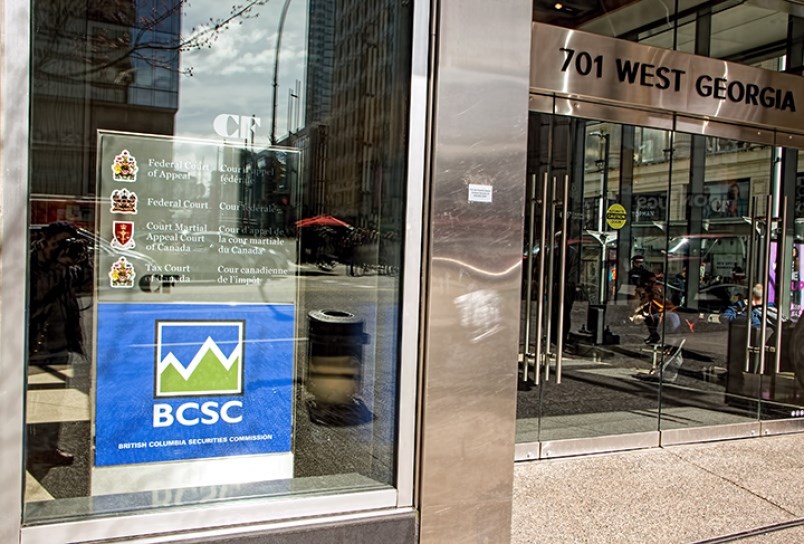A Burnaby woman who defrauded a group of investors in a troubled building materials company 10 years ago and then violated an order permanently banning her from B.C.'s capital markets has been sentenced to one year of probation, including 90 days of house arrest.
In February 2017, the B.C. Securities Commission permanently banned Enna Keller and slapped her with a $2.42-million penalty for fraud, trading without registration and violating two previous BCSC orders.
Last July, Keller was charged with violating that order only a few months after it was imposed.
She pleaded guilty last Thursday to two counts of “trading in a security and/or acting in a consultative capacity in connection with activities in the security market” despite being permanently banned.
In imposing the one year of probation, including 90 days of house arrest, B.C. Provincial Court Judge James Bahen cited the COVID-19 pandemic and the non-violent nature of Keller’s offence, according to a BCSC press release.
Keller had been a director and former CEO of Lexicon Building Systems Ltd., an American manufacturer and distributor of a building material called PolyBlock, according to BCSC documents.
The company went bankrupt in 2009 and was under a cease-trade order when Keller and Richard Lian (also known as Richard Terry Ruuska), an American consultant working for Lexicon, launched a scheme to raise money purportedly to bring it out of bankruptcy and get the cease-trade order lifted, according to the 2017 BCSC ruling against them.
Through a “friends and family” program, they raised $3.2 million from about 315 people, including about 140 B.C. residents, promising them Lexicon shares and warrants once the cease-trade order was lifted
But the people who bought in weren’t told Lexicon wasn’t even aware of the scheme and that the money was going into the accounts of companies controlled entirely by Lian, who used only about $600,000 of it to pay Lexicon's debts, expenses and other liabilities, according to the ruling.
Another $180,000 was used to repay friends and family program participants who demanded a refund.
The rest – about $2.4 million – Lian spent on things that were of “no benefit” to the people who had bought in, according to the ruling.
Defrauded investors were left with only a “sense of dismay and betrayal,” the ruling said.
Besides engaging in fraud, the commission found Keller had traded in securities without being registered to do so and – with Lian – violated the cease-trade order Lexicon was under.
The pair then went on to violate a temporary December 2011 order banning anyone from trading in Lexicon securities, the commission found.
In the end, the commission permanently banned Lian and Keller from B.C.’s capital markets and issued them each with administrative penalties of $2.42-million.
Within months of the BCSC decision, however, two victims contacted Keller to demand the return of money they had invested with Lexicon.
Instead of returning the money, Keller provided the victims’ information to Lexicon and instructed it to issue shares to the victims.
“By doing so, she breached the BCSC order against trading in securities,” stated a BCSC press release.
During house arrest, Keller is confined to her residence and only permitted to leave once a week for three hours for essential activities or medical reasons.
The millions of dollars in penalties imposed on Keller and Lian remain unpaid, according to the BCSC website.



